Is Russia the strategic ally of Iran?
WANA (DEC 30) – The relationship between Iran and Russia has had many ups and downs in recent years. Some experts interpret Iran-Russia relations as a strategic alliance. Some believe that Russia is looking for enmity with Iran, and as a result, there should not be cooperation with this country.
With the start of the war in Ukraine and with the spread of news regarding Iran’s political cooperation with Russia for the weakening of NATO, several analyses regarding the beginning of the alliance between Iran and Russia were published. The military cooperation between Iran and Russia is interpreted as the military and strategic alliance of the two countries. This association creates much sensitivity among the general audience.
This question is often repeated among Iranians: why doesn’t Russia support Iran’s interests at certain times? In recent days, with the publication of Russia’s and the Arab countries’ statements regarding the three islands belonging to Iran, this question has once again been raised in the country’s public space.
The points raised in that statement completely contradict Iran’s benefits, to which Iran’s Foreign Ministry has objected. Of course, unlike some claims, Russia has not rejected Iran’s sovereignty over the three islands but has adopted a position that is close to the UAE’s position in this matter.
This statement refers Iran to bilateral negotiations and the International Court of Justice, which clearly conflicts with Iran’s official position, which is that the issue of the three islands is non-negotiable. But why does Russia adopt such positions? Is Russia really an ally of Iran? Should we have a hostile position towards Russia?
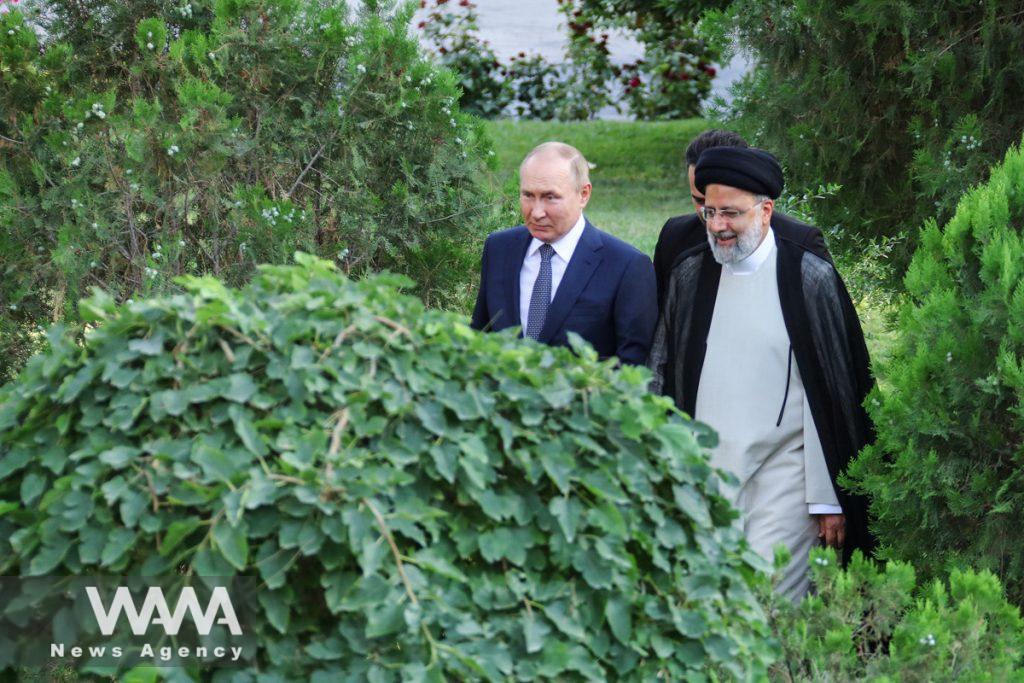
Iranian President Ebrahim Raisi meets with Russian President Vladimir Putin in Tehran, Iran, July 19, 2022. President Website/WANA (West Asia News Agency)
The alliance between Iran and Russia is tactical.
Iran and Russia are facing a growing challenge from the United States, which has been expanding its global influence. The two countries have formed a tactical alliance to counter the United States in response to this perceived threat. However, Iran and Russia don’t necessarily share the same stance on most international issues.
Although Iran and Russia have a cooperative relationship in Syria and opposition to NATO, they still have conflicts and disagreements in other regions, such as the Caucasus and Central Asia, and the two countries also have profound differences over the Palestinian issue and relations with Israel. But none of these cases question the two countries’ cooperation in common interests.
It is important to note that Russia maintains positive relationships with Iran and Arab countries. As a result, there are certain areas where Russia shares similar views with these nations, while there might be conflicts in other areas. Hence, while a tactical alliance may sometimes be referred to as an alliance, it is essentially a temporary collaboration established to achieve a common goal.
Of course, the situation is not different in the case of China; In fact, Iran is not and cannot be in a strategic alliance with any power. In recent years, the international system has been in a situation that is interpreted as a transition in the international order. This is a case in which the unipolar system led by America has ended, and the world is changing. After these changes, anything can happen.
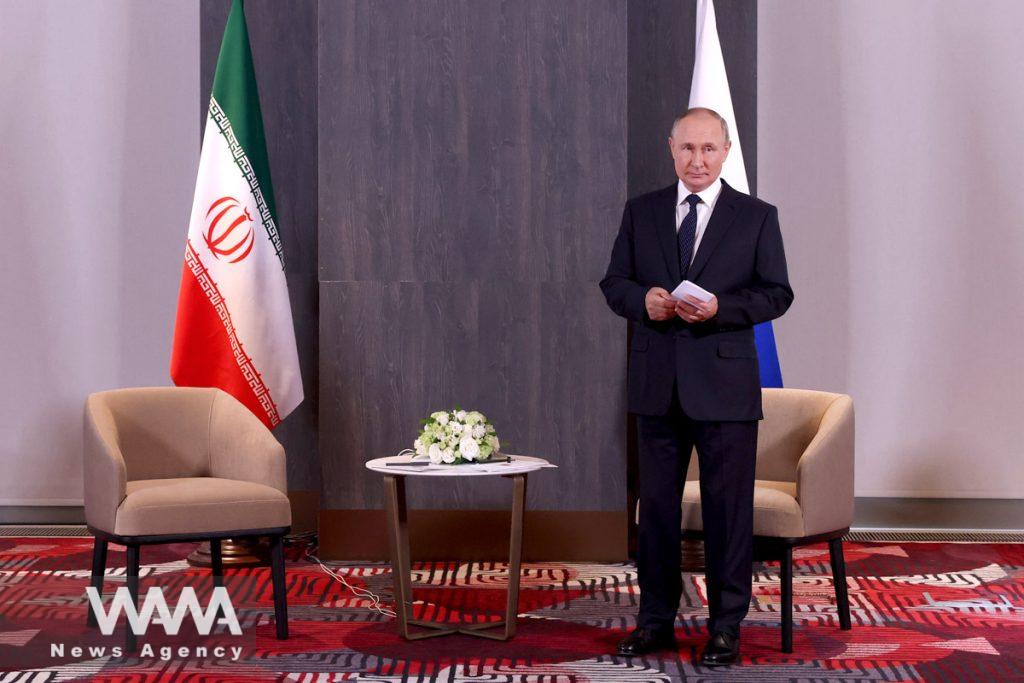
Russian President Vladimir Putin stands before a meeting with Iranian President Ebrahim Raisi on the sidelines of the Shanghai Cooperation Organization (SCO) summit in Samarkand, Uzbekistan September 15, 2022. President Website/WANA (West Asia News Agency)
Why are China and Russia not strategic allies of Iran?
In a strategic alliance, two countries’ interests are so intertwined that a threat against one nation is regarded as a threat against the other. However, relations between Iran and Russia are clearly not at this level. For this reason, we cannot expect Russia to agree with Iran’s position.
The two countries share common interests, such as countering terrorism, opposing the development of NATO and American unilateralism, and maintaining military relations, which are considered factors to strengthen the ties between the two countries. However, their policies and interests are in serious conflict with Iran on various issues.
In the Middle East, Iran aims to establish itself as the region’s dominant power, but Russia opposes this idea for various reasons. While a strong Iran may benefit Russia in the short term, it undermines Russia’s interests in the long run.
Although a powerful Iran benefits Russia in the short term, it seriously undermines Russia’s interests in a long time. After all, strategic relations with Iran cause problems for Russia in its relations with Arabs and Israel, which is not desirable for Russia.
Regarding relations between Europe and Iran, it seems that Russia is not interested in improving these ties despite the similarities between the two countries. There is evidence to suggest that Russia is using Iran’s situation to advance its relations with the West. This is because intense competition between the two countries in the oil and gas markets works against their unity.
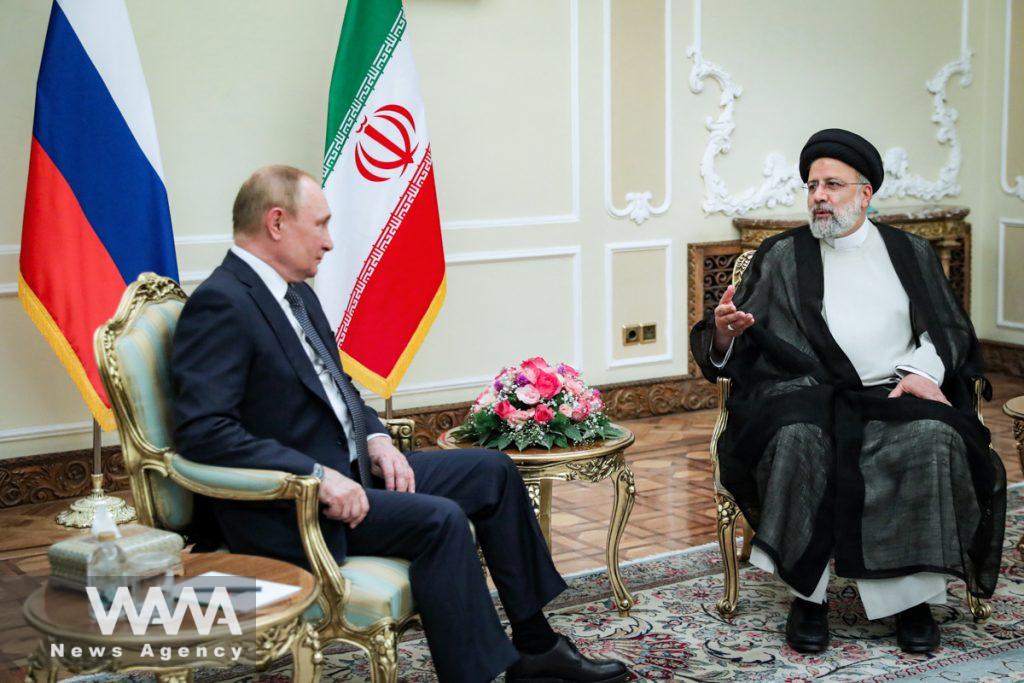
Iranian President Ebrahim Raisi meets with Russian President Vladimir Putin in Tehran, Iran, July 19, 2022. President Website/WANA (West Asia News Agency)
Iran’s national interests, the priority of foreign relations
Between this optimistic view and the pessimistic one that questions the relationship with Russia as a whole, another view prescribes cooperation between the two countries for the benefit of Iran’s national interests.
Continuing cooperation between Iran and Russia, even at a lower level than the current level, i.e., tactical alliance, is still necessary for Iran. Therefore, the two countries’ different and sometimes conflicting positions should not be viewed as an obstacle to the development of relations.
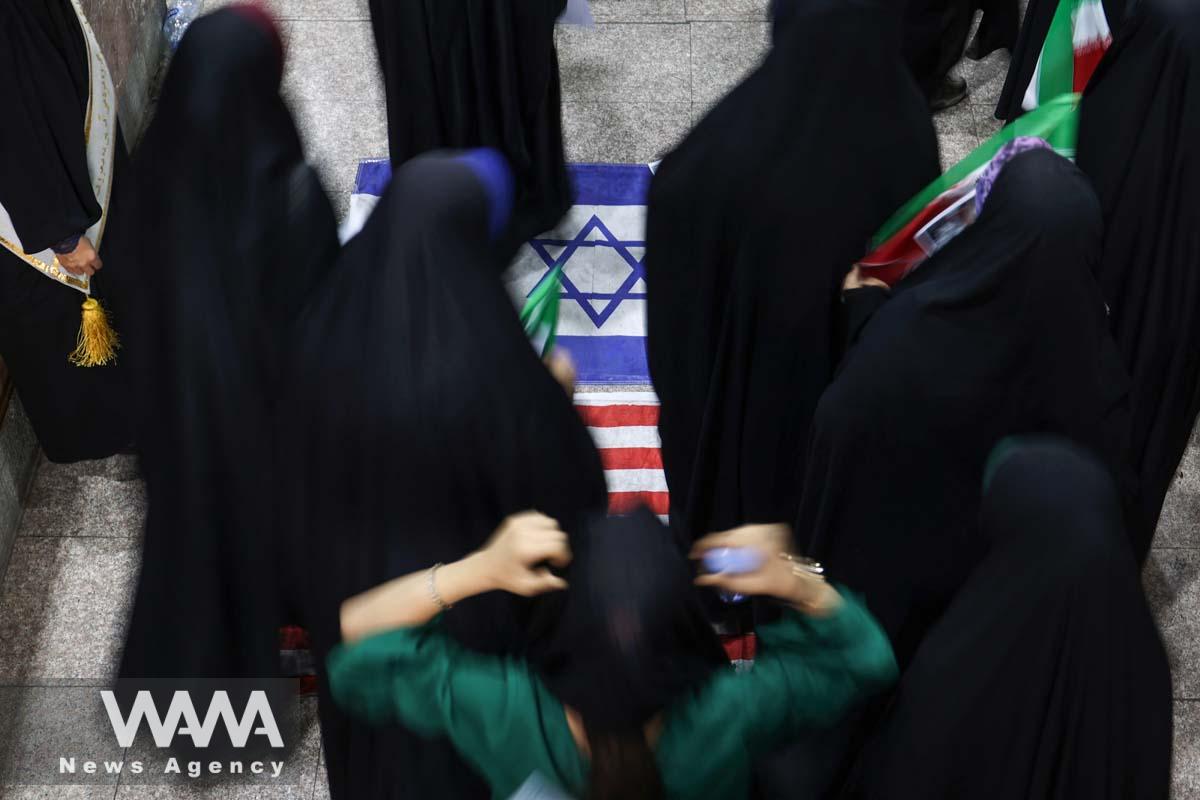
Iran has joined Muslim Nations in Boycotting Israeli Products
WANA (Dec 17) – The ongoing conflict between Palestine and Israel has been making headlines worldwide, and it’s no surprise that tensions are running high. In a show of solidarity with Palestine, several Muslim nations have since announced a boycott of Israeli goods. This move has gained much attention, as people worldwide are showing […]

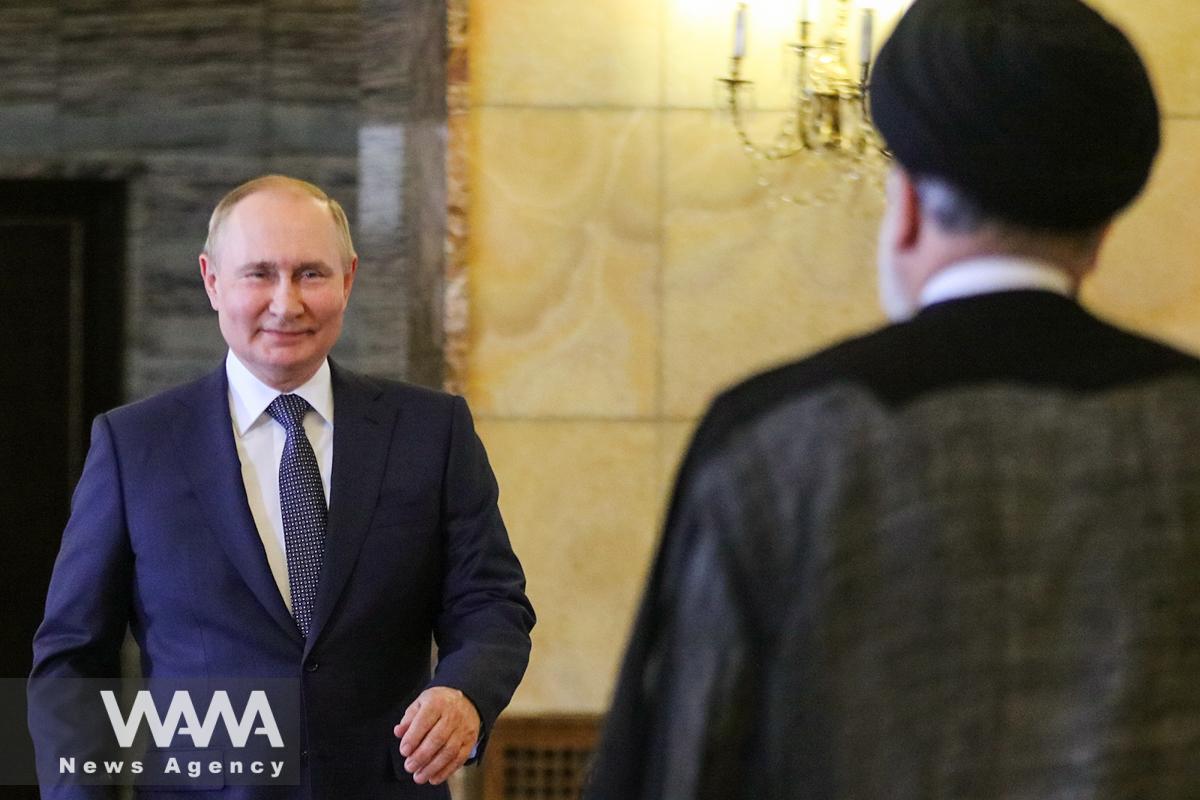











User comments